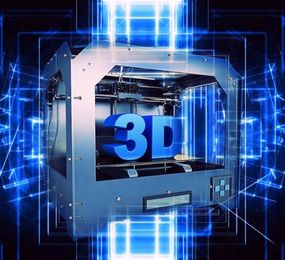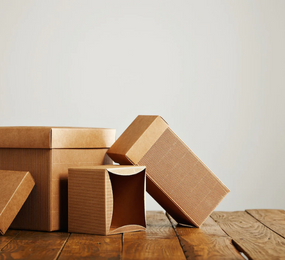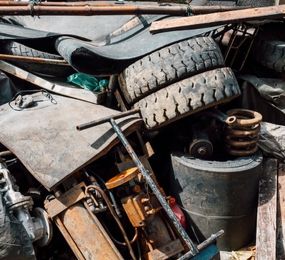E-waste, or electronic waste, refers to discarded electrical or electronic devices. Examples of e-waste include old or broken televisions, computers, mobile phones, refrigerators, and other household appliances. Due to the quick rate of technological advancement and the resulting short lifespan of many electronic devices, e-waste is an increasing problem. Hazardous substances including lead, cadmium, and mercury may be included in this waste, which, if improperly disposed of, can be harmful to both the environment and human health. E-waste is also a valuable source of raw materials that can be recovered and recycled. Proper disposal and recycling of e-waste is therefore an important issue for both environmental protection and resource conservation.
Currently, there are two ways that we handle e-waste:
-
by turning recycled e-waste into new products
-
by burning electronic waste to recover metals and other resources
Both of these techniques have serious shortcomings. It can be expensive and challenging to recycle properly. E-waste burning releases poisonous vapours that are bad for the environment and people. Because of this, finding better ways to deal with E-waste is necessary, and recycling electronics is essential.
There are several methods for recycling electronics. You can deliver them to a nearby recycler, mail them in for recycling, or leave them at an event for e-cycling.
E-waste contains valuable components that may be recycled and repurposed, making it a global problem. The chemicals that E-waste produces when it is thrown in landfills have the potential to seep into the ground and water systems. Recycling E-waste lessens these risks and prevents the wastage of these priceless materials.
To stop E-waste from getting out of control, a collaborative worldwide solution must be established. The influx of E-waste is causing problems in a growing number of nations, and it is becoming a more urgent problem.
The worldwide E-waste epidemic can be addressed with the aid of all of us. We can reduce the amount of electronic waste we generate by recycling our e-products and encouraging others to do the same. We can work together to achieve a future where electronics are repurposed and recycled rather than dumped in landfills.
Do not miss the opportunity to join us on the 1st - 2nd March, 2023 — as international experts come together to discuss Niche application recycling; in Steigenberger Airport Hotel, Berlin, Germany at the World Biopolymers and Bioplastics Innovation Forum!
To register or learn more about the Forum please check here: https://bit.ly/3TQ1k8m
For more information and group participation, contact us: [email protected]
















